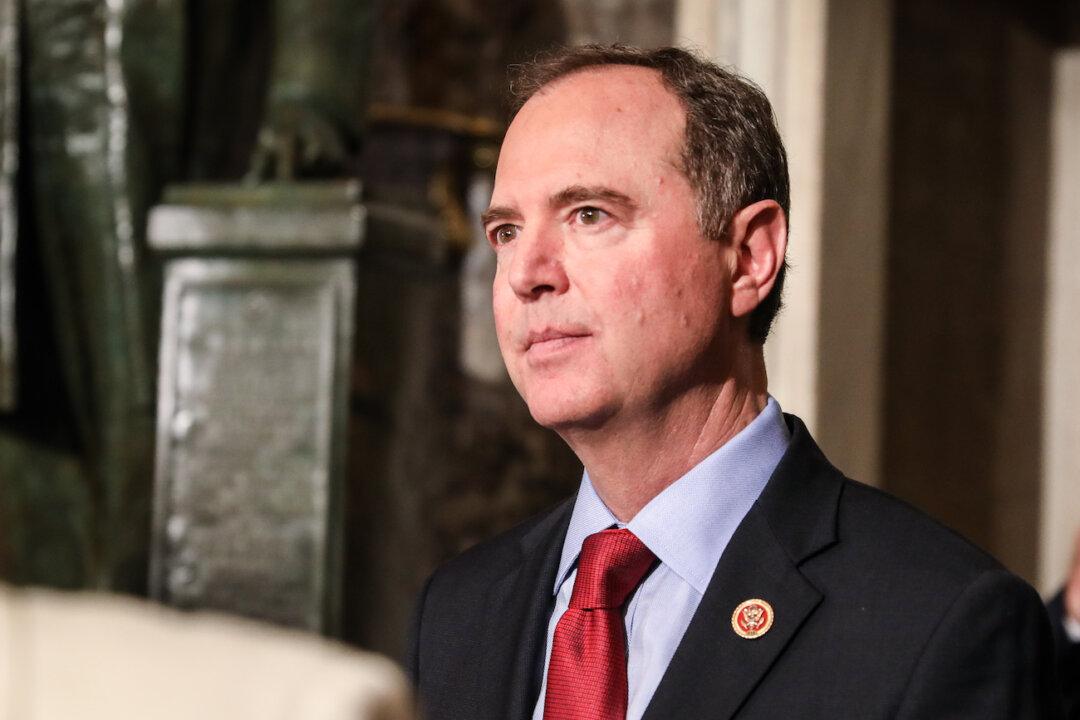The House Intelligence Committee on Thursday released transcripts of interviews from its Russia investigation in 2017 and 2018 after House Republicans earlier in the week called for their release.
The committee released more than 6,000 pages of documents from its investigation—a total of 57 transcripts from interviews, as well as additional relevant material.




